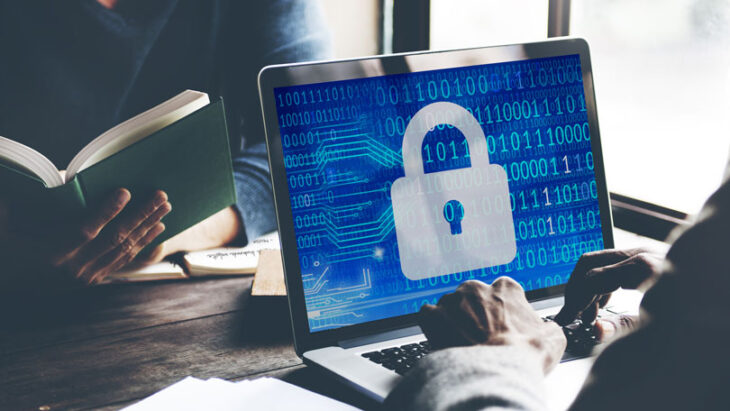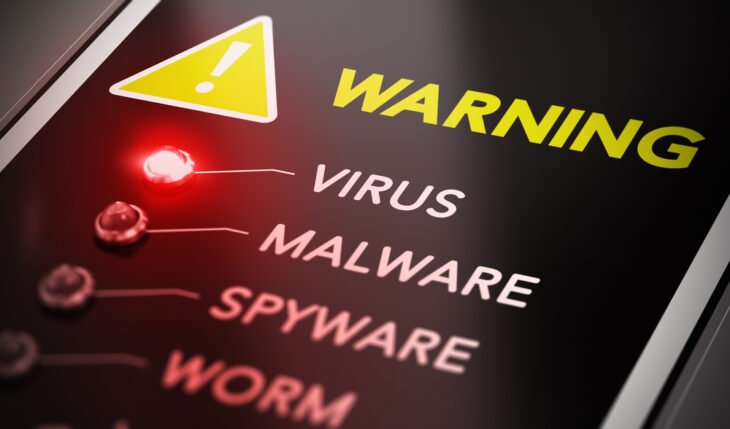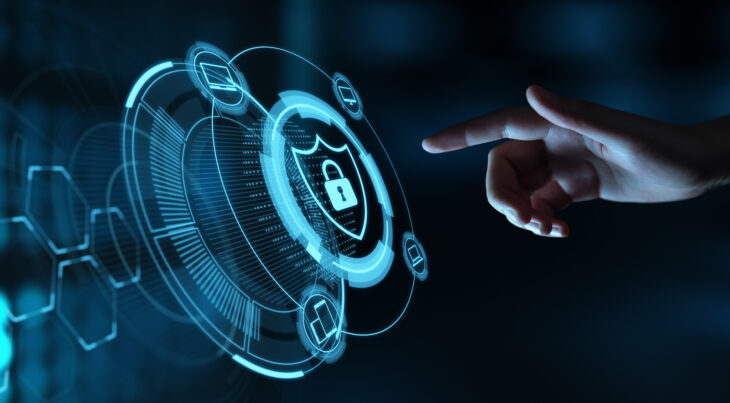These days, almost every industry, every company, and even every average person has a computer or at least something similar to a computer such as a phone, the console, a tablet, etc. Our entire society relies heavily on technology and computers. And for a good reason. It makes our life better, it helps us complete tasks faster and more efficiently. But, relying too much on technology can also be a problem. There is always a possibility that someone might hack into your computer and steal your information. Fortunately, this is why firewalls exist.
Firewalls are basically the main protection for an operating system that connects to the Internet. The Internet allows us to connect to all kinds of websites into other people, but it also allows experts to get access to your data. But, when the firewall is properly set up and protecting the operating system, even the most experienced experts are unable to protrude your system.
I assume you are worried about the safety of your information on your devices which is probably why you want to know about firewalls and whether they are a necessity. Well, worry no more, because this article will tell you everything you need to know about protecting your system.
How does it work?

Source: bt.com
When connected to the Internet, your computer is constantly sending and receiving information from websites, applications, or other users that you are connected with. Even when you close down every single application and browser on your PC, it is probably still sending some information to Microsoft, Apple, Linux, etc.
The moments when you are away from your computer and still connected to the Internet is when your data is most formal. An expert or hacker will be able to use these moments while you are away and steal your inmost valuable information without you even noticing. Sure, they could do that while you are still active, but there is a chance of you turning off the Internet or the device completely.
Well, with a firewall turned on, you will not have to worry about disconnected from the Internet ever again. This special piece of software monitors every single bit of data that is transmitted over the Internet. Every byte that is sent or received will be monitored thoroughly with the software. Whenever there is something suspicious, the firewall will simply close down the “road” and forbid any kind of access from that certain road.
Of course, this is only preventative, you can always analyze that information that tried to get through and you can decide where you want to allow it or forbid it from ever accessing your PC.
Block malware, viruses, and trojans

Source: staysafeonline.org
I assume that you already have an antivirus program installed on your computer and you probably think it is enough to keep your information safe on your PC. This might have been true 10 years ago, but malware’s, viruses, and trojans are becoming smarter by the day. Some of the more advanced malware can easily get through antivirus is without ever being spotted.
Malware is able to mask its real identity and show up as a “real” program that is constantly connected to the Internet. While it is connected, it can easily send your data through the Internet without you noticing.
This is why it is necessary to always have your firewall turned on together with your antivirus. The combination of these two protection systems will ensure that nothing will pass true and access your precious and valuable data.
If you feel like there is already malware and viruses on your computer or whether you feel like your firewall and antivirus are not well set up, it is best to start outsourcing IT support, especially if you are running a business as suggested by netstar.co.uk. It is always better to pay a bit extra for professional IT support than losing a much larger amount of money because of stolen information.
Block remote control

Source: appolicious.com
Have you ever heard of programs that allow you to remotely access and control other computers? Maybe you even have used such programs in your business. Great examples for such apps that allow remote control are TeamViewer, Mikogo, LogMeIn Pro, Chrome Remote Desktop, and many more. These are a great option whenever you want to access someone’s computer, but you do not have the time or the ability to physically be present next to their PC.
However, believe it or not, some malware or hackers are able to remotely access your computer through the Internet also. With complicated codes and malware, they can bypass antivirus security and access your files remotely. In other words, they can easily control the cursor, they can type with a keyboard or even change your privacy settings. Basically, with such access, a hacker will be able to do everything you can do.
Fortunately, firewalls are here again to save the day. If it is properly set up and turned on, no one will be able to breach into your operating system and take control so easily. For someone to accomplish this, they would need a lot of expertise in this area. And even then, they would have trouble getting that remote access.
Hide your data

Source: actian.com
While browsing through the Internet, some websites try to acquire a lot more data from your computer then you have allowed. Unfortunately, this is usually seen as completely legal. Companies are constantly taking data from users and selling it to other companies. Obviously, the best way to avoid this is just by avoiding those websites, but that is sometimes impossible. Even the most popular websites such as Facebook do this. But, your next best option is to just turn on your firewall. This protection system will determine which data can be sent through the browser. If a website ever tries to take unnecessary information, the firewall will inform you and will block any future access from that website to your data.
As you can see, a firewall is probably one of the most essential things for every computer. If you want real protection on your information, I would recommend always keeping your firewall online.
